Heat Pumps Can Keep You Cool in the Summer
When temperatures climb, this climate-friendly technology can help keep you cool, too
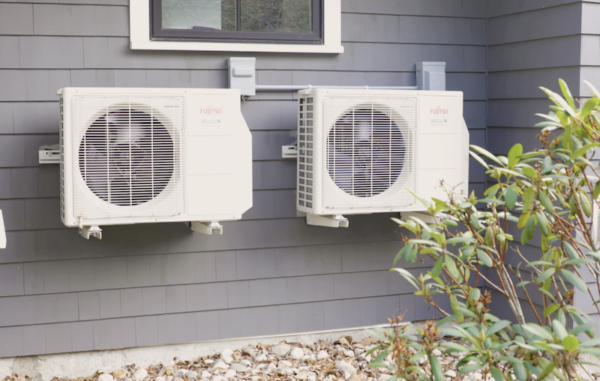
When temperatures climb, this climate-friendly technology can help keep you cool, too

If you live in a home with an oil or gas furnace or boiler, like most people in Massachusetts, turning up the heat is the end of an unseen odyssey for your heating fuel. Between drilling, refining, and transport, fuels can travel thousands of miles before they are delivered into homes and burned for heat.… Continue reading What is the Massachusetts Clean Heat Standard?
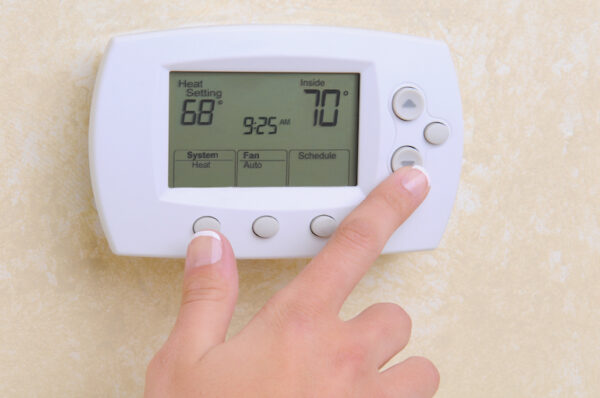
If done correctly, a new state program could help slash climate and health-damaging pollution while promoting clean, electric heat for all Massachusetts residents.
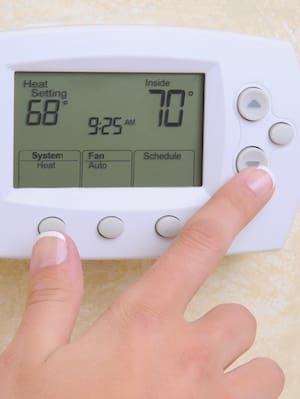
Biden’s infrastructure package represents a critical investment in our future, infusing much-needed funding to ramp up New England’s transition to a carbon-free economy by 2050.
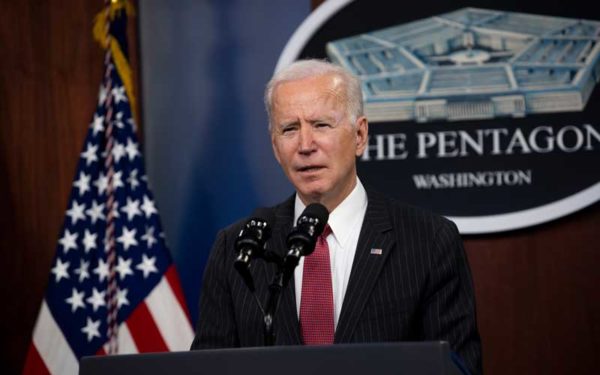
Any plan to lower emissions in Massachusetts must not only consider how to cut the largest sources of carbon pollution – for the Commonwealth, that’s transportation and heating – but also how to ensure all residents have equal access to its solutions.
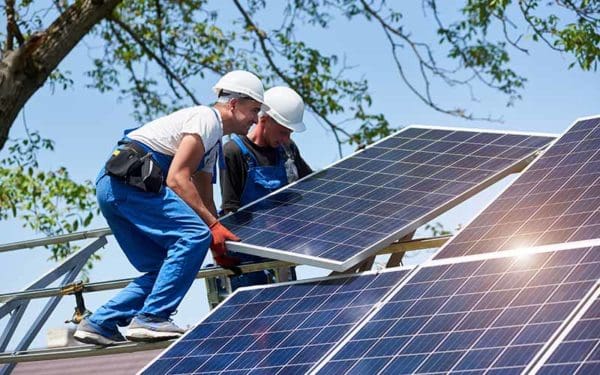
“Continuing to rely on gas will spell disaster for our climate goals,” said Caitlin Peale Sloan, Interim Director of CLF Massachusetts. “Gas is not a safe or clean alternative to oil, and we must phase out its use to heat our homes. There are better options out there and it’s time Massachusetts gets serious about new policies that will get us off gas once and for all.”
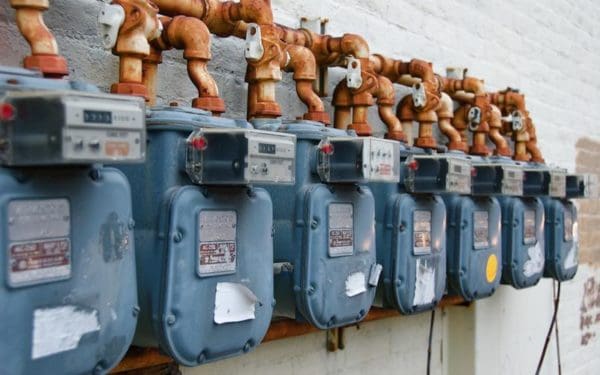
In our new report, we lay out how Massachusetts can move away from dirty gas for home heating and towards a clean future. We also offer a framework for other New England states to start kicking gas to the curb.
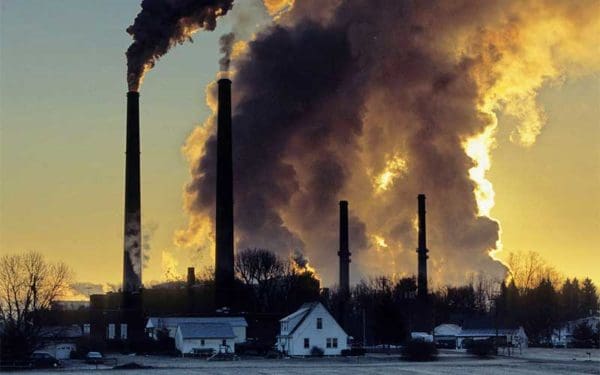
Nearly half of all homes in Massachusetts rely on gas for heating, which contributes significantly to the state’s greenhouse gas emissions. Ending this reliance on a climate-damaging fossil fuel could take decades. That’s why the work must start now, especially if the Commonwealth is going to meet its 2050 targets for cutting its overall carbon emissions.

A recent report on transforming Rhode Island’s heating sector offers options to reach our climate goals while ensuring we stay warm during the winter. One of the first studies of its kind, the report is a valuable resource for policymakers and can help the state transition to a clean energy future.
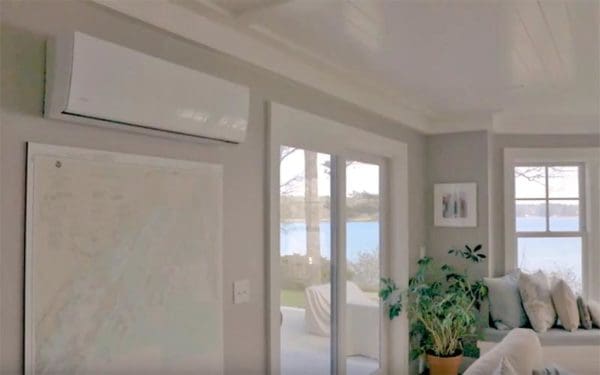
“We have many options for heating our homes,” says Greg Cunningham, Director of CLF’s Clean Energy and Climate Change program. “Alternatives like heat pumps avoid the use of oil and natural gas furnaces, which pollute our environment and damage our climate.”
